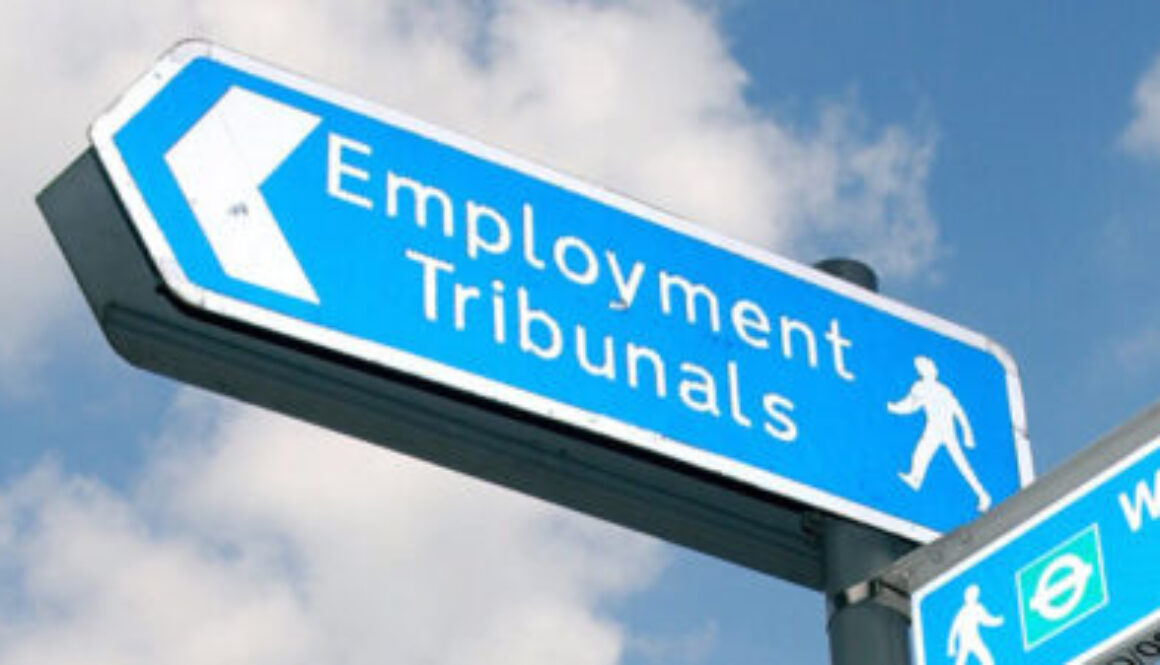Muir v AstraZeneca UK Ltd – Discrimination: Disability | Consensus HR in Herts, Beds
Latest blog: Case Law
Case Summary:
In the case of Muir v AstraZeneca UK Ltd, the primary issue revolves around alleged disability discrimination. Mr. Muir, an employee of AstraZeneca, claimed that he was discriminated against due to his disability. The case was brought before the Employment Tribunal (ET) to determine whether AstraZeneca had unlawfully discriminated against Mr. Muir under the Equality Act 2010.
Key Legal Framework:
- Equality Act 2010: This act consolidates previous anti-discrimination laws and provides a legal framework to protect individuals from unfair treatment and promotes a fair and equal society. Under the act, disability is one of the protected characteristics, and discrimination on the grounds of disability is prohibited.
Types of Disability Discrimination:
- Direct Discrimination: Treating someone less favourably because of their disability.
- Indirect Discrimination: A policy or practice that applies to everyone but particularly disadvantages people with a disability.
- Discrimination Arising from Disability: Treating a disabled person unfavourably because of something connected with their disability.
- Failure to Make Reasonable Adjustments: Not making adjustments to accommodate a disabled person’s needs.
Facts of the Case:
- Mr. Muir was an employee at AstraZeneca and had a recognised disability.
- He alleged that AstraZeneca failed to make reasonable adjustments to accommodate his disability.
- He claimed that he faced unfavourable treatment directly linked to his disability.
- Specific incidents or policies were cited by Mr. Muir as evidence of discrimination.
Tribunal Findings:
- Reasonable Adjustments: The ET examined whether AstraZeneca had made sufficient efforts to adjust the work environment or practices to support Mr. Muir. This includes evaluating whether adjustments were reasonable and adequately addressed the challenges posed by Mr. Muir’s disability.
- Unfavourable Treatment: The tribunal considered whether the treatment Mr. Muir experienced was directly connected to his disability and whether it constituted less favourable treatment compared to non-disabled employees.
- Employer’s Defence: AstraZeneca would have the opportunity to present their case, demonstrating either that they had made reasonable adjustments or that any treatment Mr. Muir experienced was justified and not discriminatory.
Outcome:
The tribunal’s decision would hinge on whether AstraZeneca met the legal requirements under the Equality Act 2010. If the tribunal found that AstraZeneca failed to make reasonable adjustments or treated Mr. Muir unfavourably due to his disability, it could rule in favour of Mr. Muir. Remedies could include compensation for injury to feelings, loss of earnings, and an order for AstraZeneca to implement appropriate adjustments.
The judgment of the Tribunal is that:
(1) The complaint of unfair dismissal is well founded which means that it is successful.
(2) The complaint of wrongful dismissal/notice pay is well founded which means that it is successful.
(3) The complaint of disability discrimination because of something arising in consequence of disability contrary to section 15 Equality Act 2010 is well founded which means that it is successful. Case No: 2405955/2021 2
(4) The case will now proceed to a remedy hearing on a date to be advised where the quantification of the claimant’s loss will take place and for which a Notice of Hearing will be sent separately to the parties.
To read the full case, Click Here.


Our HR comment:
Matthew Chilcott comments: “This case highlights the critical responsibilities employers have under the Equality Act 2010 to support employees with disabilities. It underscores the importance of making reasonable adjustments and ensuring that workplace practices do not disadvantage disabled employees. The outcome serves as a reminder to organisations to review their policies and practices regularly to promote an inclusive and supportive work environment.”




